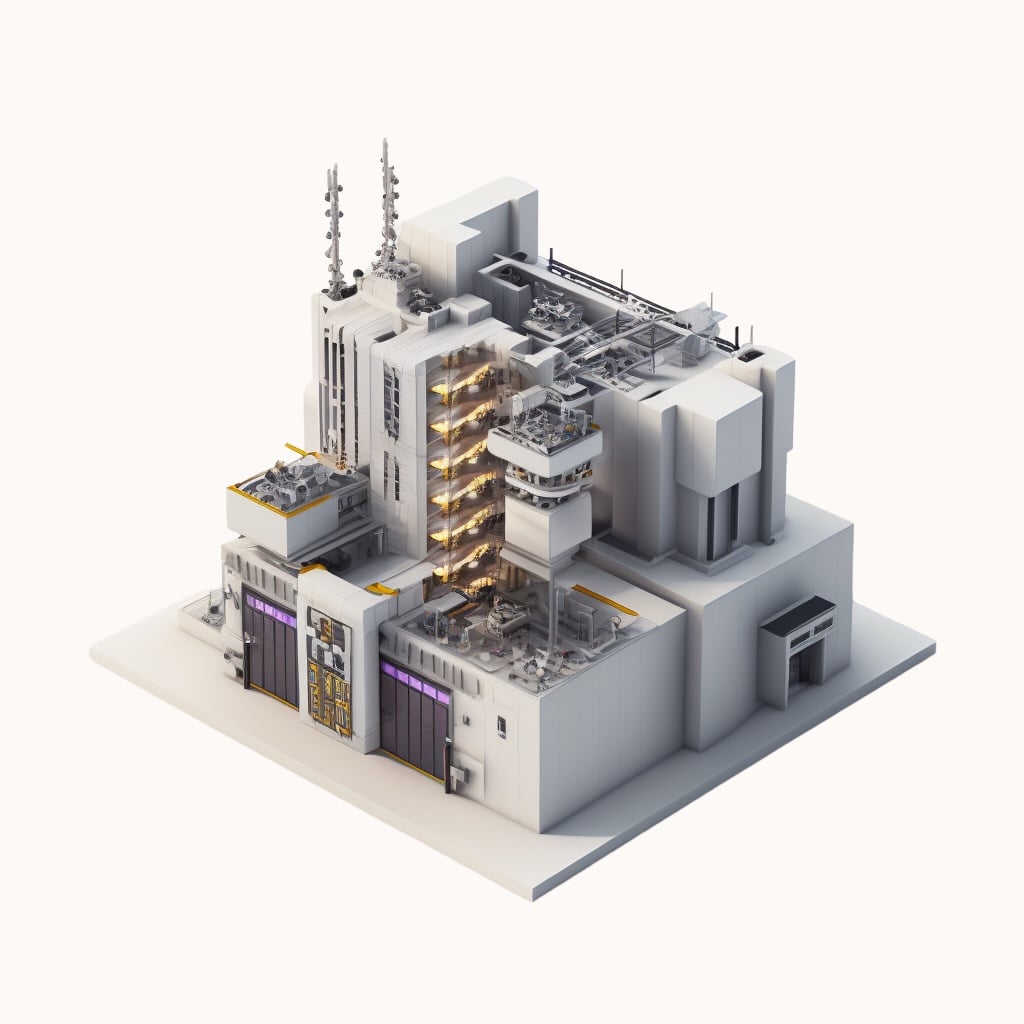Advanced manufacturing... defense : really flashy products and every works perfectly, once you get to the assembly level of fighter jet
Layers of outsourcing, thousands of small business manufacturers
A lot of the knowledge is retiring and getting lost
B2 - some part had to be reverse engineered
Shipped 3y worth of inventory to Ukraine, blew through it in weeks - needs years to spin up manufacturing at scale again
F16 more than 50% grounded bc cant get parts and cant maintain
Force possible to apply to space station hatch that was stuck - took several days, others no record for that part, and it was lucky that they found the specs on some piece of paper in his old drawer from when his business was shit down - the ground floor reality of how supply chain works
Haven't had to fight a great power competitor - none of the stress in the system has been revealed until recently
Manufacturing is not sexy
Average age of worker 50s
Gold winning Olympians trained from early teens; you don't take someone from junior college and make them an Olympian in three years
It's a time problem - not months, but a decade of lag
Risk slowly then suddenly
Hadrian - training machinists; taking knowledge holders and pairing them with software engineers to figure out how to automate 80%
There is no stackoverflow for machinists
Historically an Hourly position with a disincentive for knowledge sharing
Equity incentives can change that
Hadrians internal team is the customer
Observability is one of the largest problems in a customer's supply chain. It's like AWS not having an internal dashboard. E.g., number of days to get data that something is off track is basically the day that it's due. You need a data ingress layer next to all the hardware in the factory.
Satellite manufacturing gantt chart has 50% slack because everyone is used to the unreliability. Supply chain precision would drop costs considerably and improve revenue timing - Can't book revenue until satellite is delivered.
Main benefit is timing reliability, not even low costs.
Main risk for Hadrian is just how complicated the whole thing is.
Can't just buy up legacy machine shops - the machines are all configured differently enough that the complexity of applying software automation is non-linear enough to be almost impossible.
Build from scratch, what does great look like, know it inside out, now you have a standardized way of scaling through acquisition.
Who could've predicted that downstream from Azure and AWS would've been DALL-E.
Hadrian success case: generating second and third order positive impacts on the world. Infrastructure layer unlocks an explosion of downstream opportunity. Get closer to the Jetsons flying cars future.
